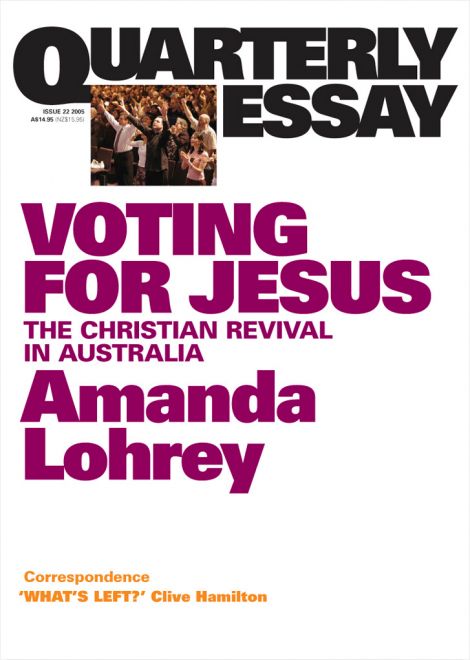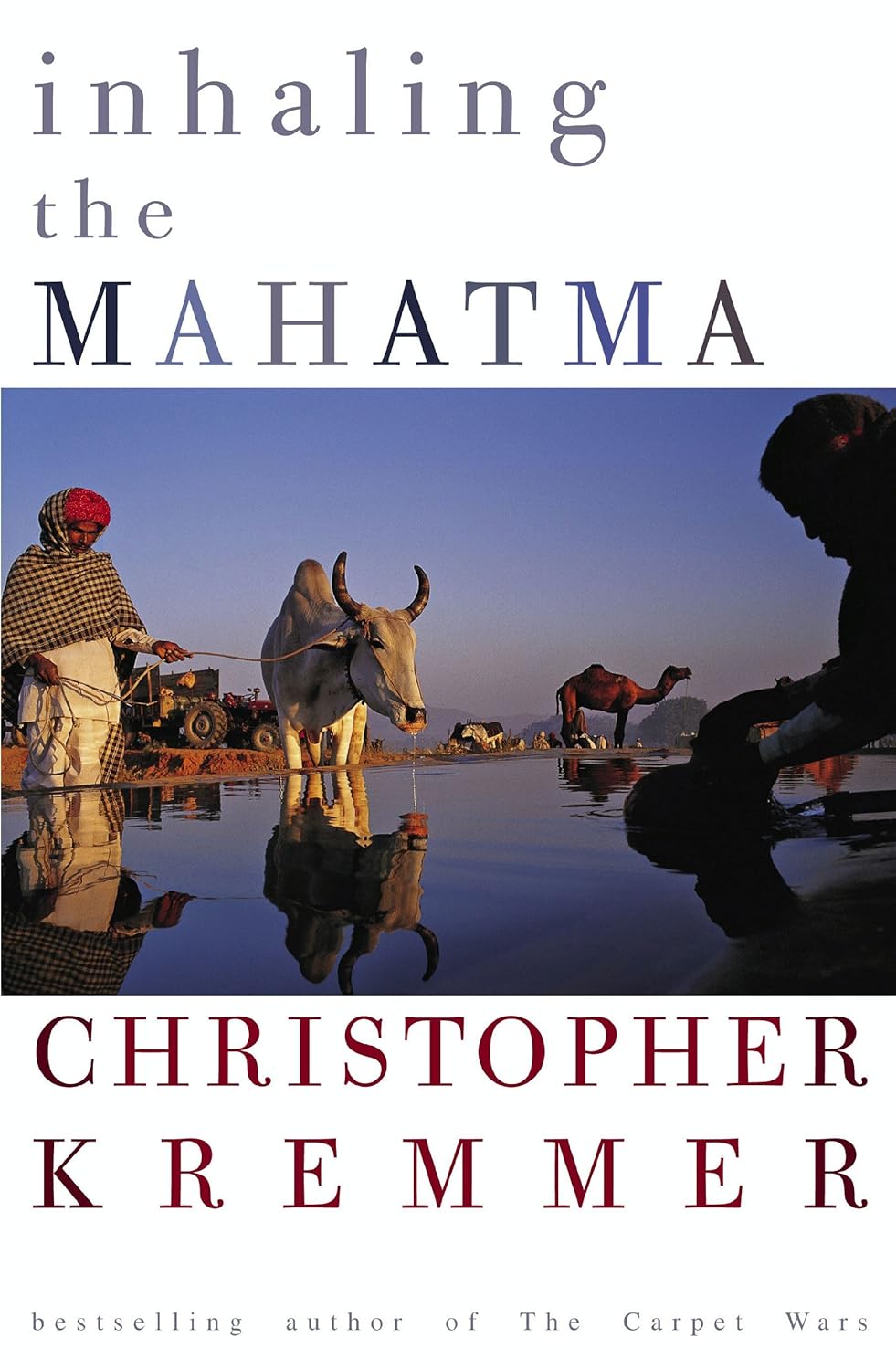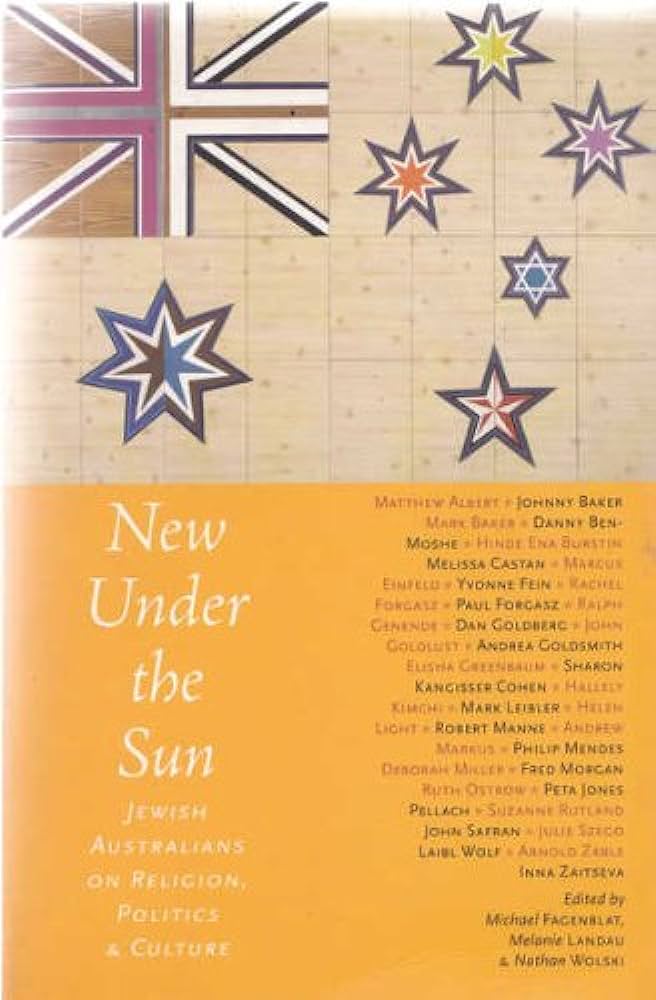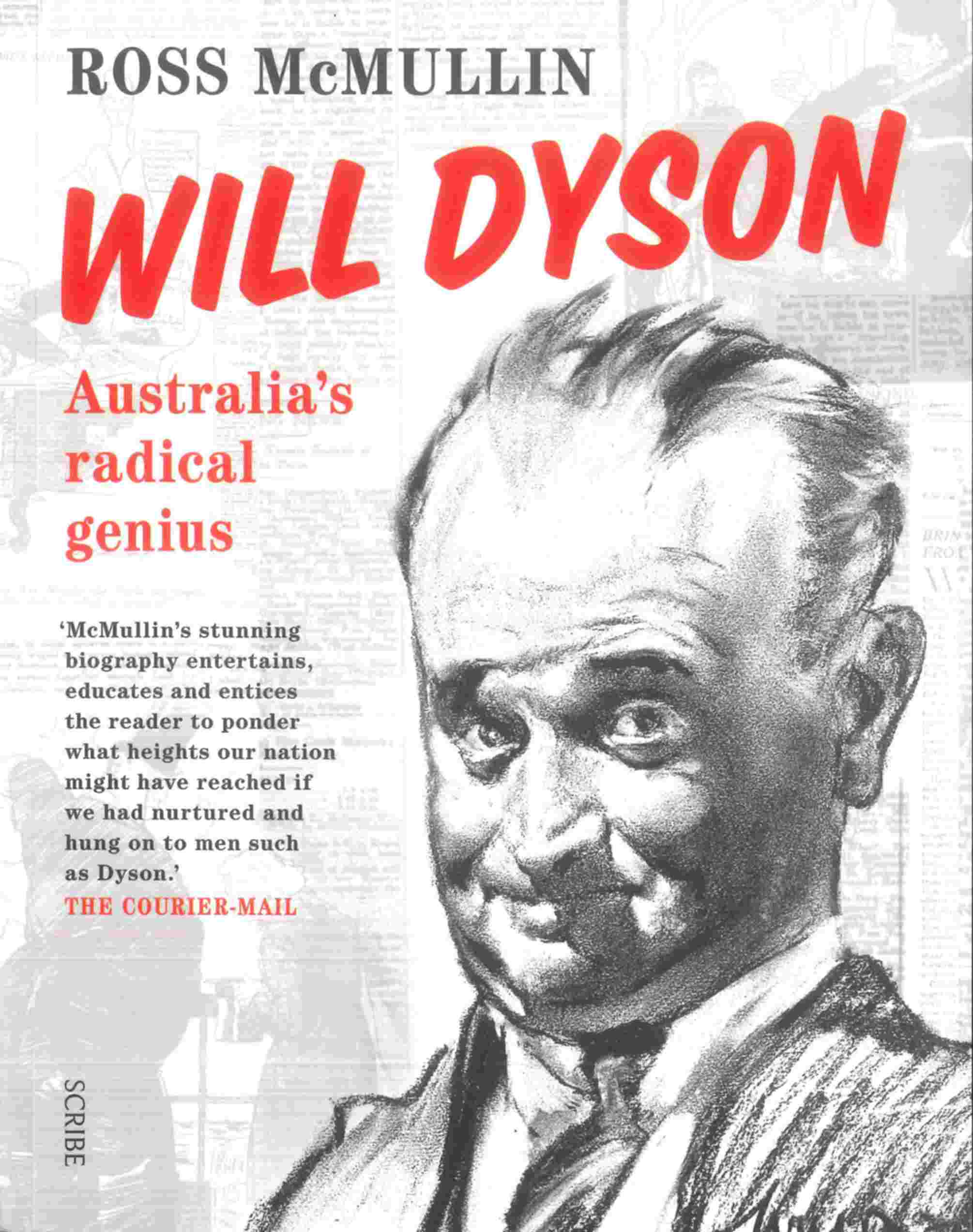Politics
Ordinary People’s Politics: Australians talk about life, politics, and the future of their country by Judith Brett and Anthony Moran
Of late there has been a good deal of agitated conversation about the political attitudes of ordinary Australians. As Judith Brett and Anthony Moran point out in this compelling new book, this has often taken the form of a ‘war of words within the political élites’, with the right using its supposed empathy for everyday people as a weapon against intellectuals, and the left blaming the deficiencies of John Howard’s Australia on the narrow-minded selfishness of ordinary voters. As it is, those of us who live in ordinary outer suburbs can hardly open Melbourne’s Age newspaper without finding ourselves accused of something, from a new Australian ugliness and the death of manners to the decline of civilisation. Mind you, the thought of being spoken for by anything-but-ordinary people like Janet Albrechtsen is even more distasteful.
... (read more)The Partnership: The inside story of the US–Australian Alliance under Bush and Howard by Greg Sheridan
If journalism is the first draft of history, this book is a rough-hewn draft of some important historical chunks. Greg Sheridan, the foreign editor of The Australian, may not match some of his colleagues there in gravitas, intellectual depth, or analytical precision, but he compensates with an abundance of enthusiasm and enviable access to those in high office. In the early and mid-1990s, when The Australian was prominent among those boosting Asia and Australian–Asian relations, Sheridan was cheerleader for the boosters. His columns and books were often based on long interviews with presidents and foreign ministers, recounted in a tone more often found in celebrity journalism than in diplomatic reports. Sheridan’s obvious delight at being granted personal interviews with the powerful aroused some envious comments, but his technique served a purpose.
... (read more)What If?: Australian history as it might have been edited by Stuart Macintyre and Sean Scalmer
Thirteen scholars here have fun changing the course of Australian history, but this diverting exercise has the serious purpose of making the real history fresher, more complex and surprising.
Even the more implausible scenarios can have this effect. Marilyn Lake imagines Prime Minister Alfred Deakin declaring independence from Britain in 1908 and aligning Australia with the United States, which brings to our attention the high place in the Australian imagination accorded to the American republic as exemplar, potential ally and partner in the spreading of a vigorous white manhood across the new world. Ann Curthoys ponders the character and influence of feminism by imagining a men’s movement emerging in the 1970s.
... (read more)Quarterly Essay 22: Voting for Jesus: Christianity and politics in Australia by Amanda Lohrey
In the week that Voting for Jesus landed in my letterbox, the Howard government announced that it was considering dollar-for-dollar support for state school chaplaincies, while, in New South Wales, fresh allegations surfaced of branch stacking by the state Liberals’ ‘religious right’ faction. Those perplexed by such developments in secular Australia will find novelist Amanda Lohrey a helpful, warm-hearted guide. Her colourful, impressionistic and approachable account of Australia’s religious right welcomes readers into a debate that some might previously have been inclined to dismiss as too confusing, or as marginal to secular concerns. Chats with academics, theologians and commentators offer a variety of angles. Far from adopting a didactic tone, the text beguiles with numerous questions that sound rhetorical but often remain unanswered.
... (read more)The subject of fear and politics has often captured the attention of the political left. Indeed, I am immediately reminded of two wonderful books: In Place of Fear (1952), by the British Labour politician Nye Bevan; and The Fear of Freedom (1941), by the post-Freudian and socialist Erich Fromm. Whilst Fromm set out to understand the roots of fear in the human condition, Bevan sought practical solutions to the most obvious manifestations of fear in a world that had been shaken to its foundations by economic depression, fascism and war. Both were democratic socialists who believed that the insecurities which led to fear could be tackled through political, social and economic change.
For a brief moment following the collapse of communism, it appeared that such a solution might be within our grasp. Some even talked of ‘the end of history’. How wrong they were, as we witness the rebirth of insecurity associated with global warming, international terrorism and nuclear proliferation.
... (read more)Reconnecting Labor by Barry Donovan & Coming to the Party edited by Barry Jones
The Liberal Party, in its barren years (1983–96), was consumed in battles over beliefs. The dries took up the cudgels in a war over the nature of liberalism and effectively gained control of the party room. As Paul Kelly has described it, the party torched its Deakinite heritage. John Howard was not central to these battles, but he was the inheritor. His brilliance has been to take the neo-liberal agenda (individualism, choice, markets versus ‘bureaucracy’, the ‘mainstream’ versus ‘élites’), to give it an Australian resonance (by reinterpreting the ‘Australian legend’ as a story of individual battlers) and, relentlessly, to link his profession of beliefs to every policy statement he makes. It is unlikely that most of the punters systematically assess what Howard says in their own voting deliberations, or could complete a test on Howard’s key principles, but impressions have their effects. Recently, when I asked a group whether they thought there was a difference between the parties, a young woman confidently replied: ‘Yes, one party knows what it thinks and gets on with it; the other doesn’t.’
... (read more)Foreign travellers in India face four inevitable questions. ‘What is your good name?’ is usually followed in rapid succession by ‘Where are you coming from?’(meaning from which country), ‘Are you married?’ and, finally, ‘What is your religion?’. Backpacking through India twenty years ago, the first three questions presented few problems. My name was easy, Australia was recognised as a cricket-playing country, and I was young enough for my lack of a wife to be passed over as a matter of only mild embarrassment. The fourth question however, proved tricky. Usually, I gave the technically correct answer that I had been baptised into the Anglican Church – a reply that generally satisfied my interlocutors and not infrequently led into rambling, good-natured discussions about the similarities between the world’s great faiths. Once, I ventured a more honest response. ‘I am an atheist,’ I told a couple of friendly young Indian men on a long train journey. ‘I do not believe in any God.’ Their shock was palpable. It was not so much my spiritual deficit that appalled them as my arrogance. How could anyone have the audacity to declare that God did not exist? Our conversation never recovered. In response to all future interrogations, I retreated to my dissembling line about Christianity. The experience did not shake my disbelief, but it did serve to engender a greater respect for the question. Religion, I belatedly realised, is an important matter.
... (read more)The Howard Factor edited by Nick Carter & The Longest Decade by George Megalogenis
The provenance of The Howard Factor – a collection of essays by senior writers from The Australian newspaper – is not promising. The Australian is after all part of Mark Latham’s ‘Evil Empire’, cheerleader rather than critic of the Howard government. Yet its sympathy for the régime stems not from partisanship but from the newspaper’s philosophy: neo-liberal in domestic matters, neo-conservative in foreign policy. Populist desertion of elements of the neo-liberal agenda has aroused the wrath of the newspaper: witness its condemnation of the government’s policy funk in early 2001, and of its recent surrender to Snowy River romanticism. Discord has been less in foreign policy, where both government and newspaper have been willing recruits to the ‘war on terror’. So slavish has become the newspaper’s adherence to America’s contemporary wars that it has even repudiated its quite heroic stance on the Vietnam War a generation ago.
... (read more)New Under the Sun: Jewish Australians on religion, politics and culture edited by Michael Fagenblat, Melanie Landau and Nathan Wolski
This significant anthology consists of thirty-three articles by Jewish Australian scholars, lawyers, writers, educators, rabbis, journalists and other high achievers, prefaced by a thoughtful and wide-ranging introduction by the editors. Many of the contributors are distinguished in their fields and prominent in public life. The editors have cast the volume from a ‘perspective of commitment and belonging’, with the conviction that ‘challenge and critique when offered by committed members rather than hostile outsiders is often the most useful form of reckoning with ourselves’. The disjunction is troubling (I think I may be a hostile insider), but its effect does not diminish the interest of the collection. The book’s focus is narrower than its subtitle suggests: these are not just passing reflections by some Jewish Australians: each contribution is centrally about some aspect of the religion, politics and culture of Jewish Australians. As such, it provides a useful and authoritative synopsis of the progress, state and thoughts of many Australian Jews today. No single essay sparkles brilliantly, and a few are alarmingly deficient in serious thought; nevertheless, this is a big, rich, diverse collection deserving of wide public attention.
... (read more)Ross McMullin’s Will Dyson is a new edition of a book that first appeared twenty years ago. Over that time, the author has promoted his subject, according to the book’s subtitle, from ‘Cartoonist, Etcher and Australia’s Finest War Artist’ to ‘Australia’s Radical Genius’. ‘Genius’ is a strong word, and the new edition does not make a case for its use any more than the old one did. But Dyson is certainly an important, often unregarded, figure in the history of political cartooning. The story of this talented, likeable, thoroughly political man is well worth knowing on many fronts: as a saga of early Melbourne working-class bohemian culture, as an example of the invigorating effect on English political cartooning by antipodean artists in the early part of the twentieth century (the career of David Low shadows that of Dyson), and as an account of the way that World War I registered on a sensitive, and responsible, Australian imagination.
... (read more)










